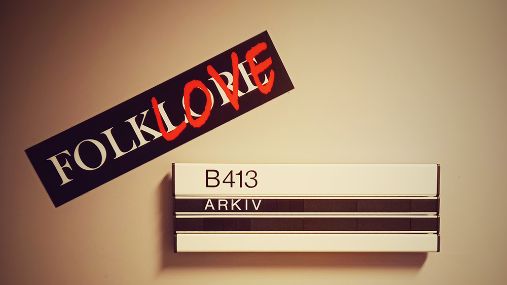About the project
Digital folklore – digitally (re)produced and mediated vernacular cultural expression such as memes and hashtags – is a form of active, ongoing and self-including heritage production that gives us insights into what is culturally, socially and politically significant to a diverse public. It can further help us understand the contemporary folk culture of a community or society that might not be recognised by scholars: despite over 40 years of large-scale migration to Norway, alongside cultural, political and technological shifts, heritage narratives about Norway do not reflect its contemporary and diverse community.
DIGIFOLK investigates social media-based digital folklore to explore the complex digital reproductions and renegotiations of folklore amongst the varied groups that constitute contemporary Norway. It challenges cultural-normative conceptualisations of folk culture in Norway to examine how digital folklore reflects differential social and cultural affiliation, and a form of ‘micro-activism’.
This can help us better understand contemporary folk culture in Norway, and heighten the relevance of and engagement with folklore archives. This project investigates digital folklore’s thematic corollaries in the Norwegian Folklore Archives (NFS) to connect the archive to a wider, more diverse group of people and to broader issues.
Goal
DIGIFOLK employs a quali-quantitative approach combining social media data mining with ethnographic, cultural-historical, and visual and textual analytical methods.
The project aims to:
- Investigate the role of social media in the transmission and alteration of analogue folklore and the creation of hybridised/new digital folklore in Norway.
- Connect contemporary digital folklore to collections in NFS to challenge the authenticating nature of the archive and embed unofficial knowledge in heritage discourse.
- Expand participatory heritage models to recognise that the public create and engage with heritage outside of academic/institutional heritage discourse, integrating digital folklore as a means by which a diverse public can meaningfully engage with heritage collections.
- Contextualise digital and archival folklore within broader social and environmental global challenges.
Duration
01.09.21 – 30.09.24

This project receives funding from the European Union’s Horizon 2020 research and innovation programme under Marie Skłodowska-Curie Grant Agreement No. 101019416.
